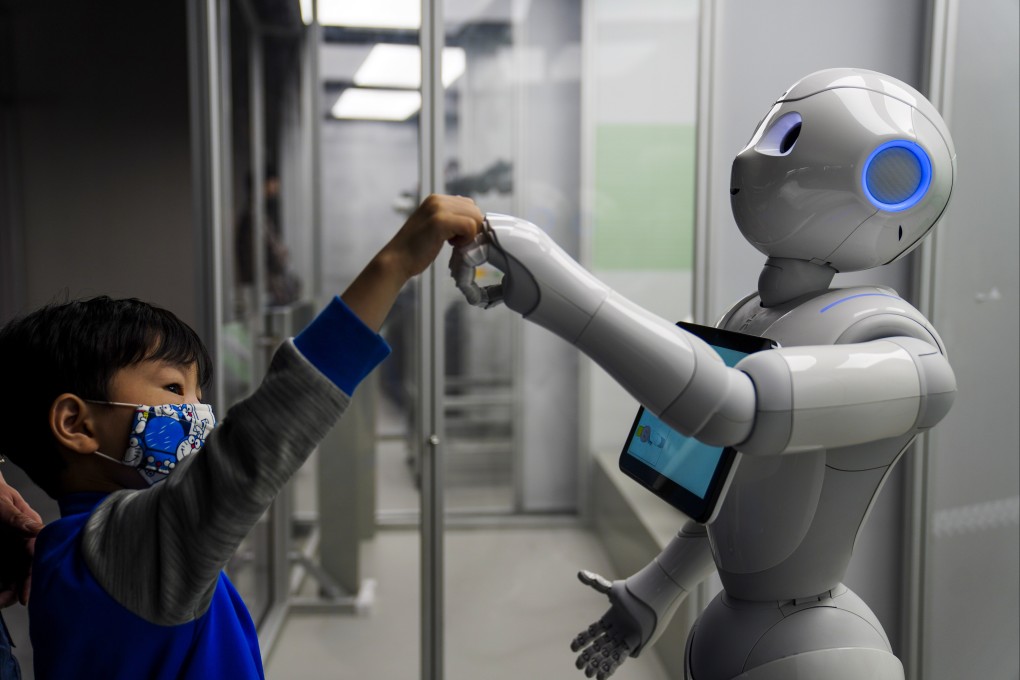Advertisement
Letters | Hong Kong isn’t investing enough in home-grown talent
- Readers discuss the declining government expenditure on education in Hong Kong, and the shortcomings of the latest policy address
Reading Time:3 minutes
Why you can trust SCMP
0

Talent is the driving force in the development of innovation and technology. However, the policy address only focuses on attracting global talent, when cultivating local talent is equally critical.
Hong Kong has lagged behind developed economies in terms of investment in the nurturing of local talent, according to international reports. While our GDP per capita is ranked 25th in the world, ahead of countries like Germany, we are ranked low for education expenditure as a share of GDP: 53rd out of 63 economies in the IMD World Talent Ranking 2020, and 76th out of 132 economies in the Global Innovation Index 2021.
Further, a report, “Nurturing of local talent”, by the Legislative Council Secretariat pointed out that the share of education expenditure in total government expenditure has continued to decline from 20.1 per cent in 2010-2011 to 15.4 per cent in the budget for 2021-2022. At the same time, the estimated recurrent government expenditure on education in 2021-2022 will increase by only 3.7 per cent, which is far below social welfare (16.2 per cent) and health (7.9 per cent). This raises doubts about the government’s commitment to education.
To develop the digital economy, we need to cultivate science, technology, engineering, and mathematics (STEM) literacy and strengthen coding education in primary and secondary school to secure the supply of local talent.
However, as mentioned in the Legco report, although “the government has invested heavily in STEM education”, the approach is too loose. Under the “school-oriented policy”, the efforts to promote STEM are planned by schools alone, and they may encounter problems such as unclear guidelines, and inadequate experience and support for teachers.
Countries around the world not only invest heavily in STEM and coding education, but also seek professional advice and set official requirements. The partnership between Singapore’s Ministry of Education and STEM Inc in developing and implementing STEM education is one example. Another example is schools in the United Kingdom and South Korea, which have made coding education mandatory since 2014 and 2018 respectively. In mainland China, a national policy paper in 2017 recommended that primary and secondary schools strengthen science and coding education.
Advertisement